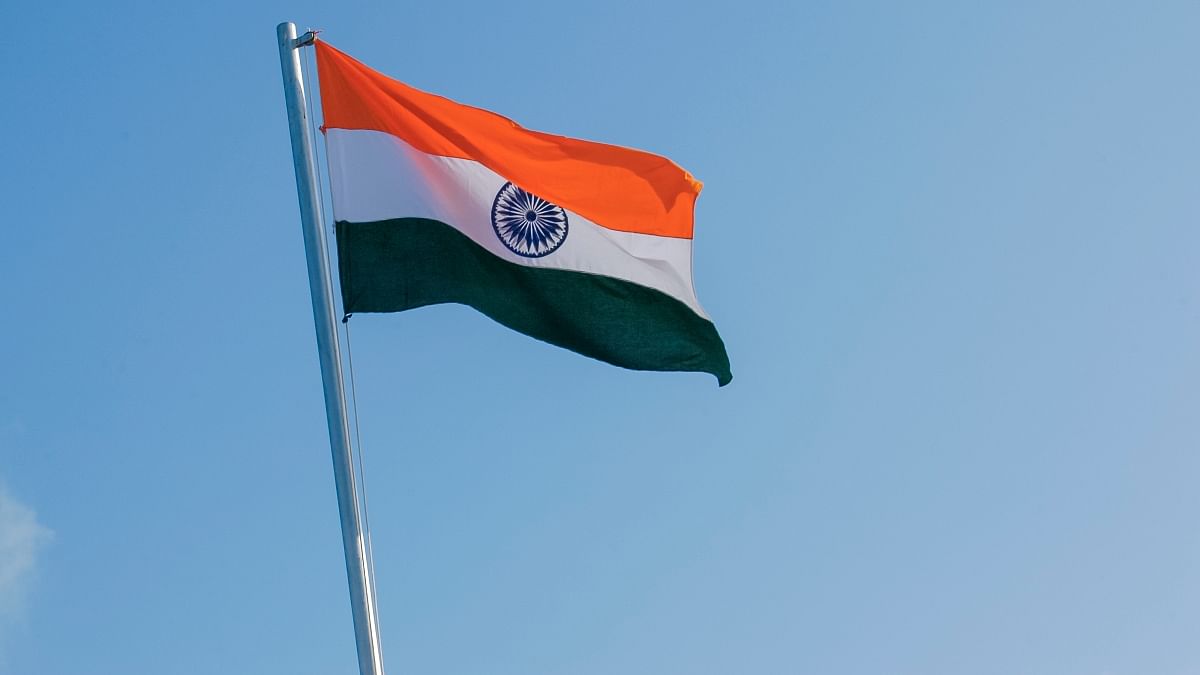New Delhi: Indians want the central government to pay more attention to domestic issues, rather than take up world problems, a study has found.
A survey by US think tank Pew Research Center reveals that 55 percent of Indian respondents feel this, ironically at a time when India is positioning itself as the leader of the Global South – having recently completed a high-octane presidency of the Group of 20.
India is not the only country where citizens prefer their leaders to focus on the nation’s internal issues. People surveyed in the US (55%), France (59%), Greece (55%) among others, also share India’s sentiments. These countries share similar views even when it comes to addressing major international crises.
However, when addressing international issues, around 56 percent of citizens felt that India should put other countries’ interests over its own.
Similarly, more than half of those surveyed in the US (59%), as well as in Canada, Australia, and Italy among others, also felt the same.
But a majority in emerging economies like Indonesia (62%), South Africa (57%), and Brazil (56%) believed their countries should follow their own agenda even if other countries strongly disagreed with their foreign policies.
Published Wednesday, the Pew Center surveyed 30,861 adults in 24 countries over the phone from 20 February to 22 May this year. These surveys were conducted in countries across North America, Europe, the Middle East, the Asia-Pacific region, sub-Saharan Africa and Latin America.
Indians may have travelled less, but feel connected to global citizens
The survey said that those who have travelled abroad were more likely to feel connected to others globally, and believed their nation should be active in global affairs, considering the interests of other nations.
However, this is not the case with India.
While roughly 6 in 10 participants from India feel connected to people all over the world, only around 3 per cent have travelled to five or more countries.
Furthermore, 66 percent of Indian respondents expressed keen interest in travelling internationally.
On the other hand, 73 percent of Americans have travelled to at least one or more countries abroad, but only 35 percent felt connected to others globally, one of the lowest shares in the survey.
The survey also found Europeans more likely to have been to a foreign country. About two-thirds or more respondents in every European nation surveyed have travelled outside their country. Yet, in countries like the UK, Germany, and France, roughly 1 in 2 people feel connected to others globally.
The survey has found income to be a major factor in explaining respondents’ travel behaviour. Countries with high per capita income such as Sweden, Netherlands, US are much likely to have respondents travelling extensively while in emerging economies – like Nigeria, India, and Brazil – very few participants have travelled abroad. Those with higher incomes are also more likely to have travelled internationally, the survey found.
Focusing on a nation’s domestic sentiments, 9 in 10 survey respondents in India felt close to their fellow citizens while 66 percent Americans sensed such a familiarity. Only 15 percent felt very close to other Americans. This was also the lowest share in the survey.
Similarly, 89 percent of Indian respondents said they felt close to their local communities while only 54 percent of American respondents shared the same sentiment.
Moreover, 6 in 10 Democrats and Democratic-leaning independents said they felt close to the people in their country, while 72 percent of Republicans and Republican-leaning independents said the same.

